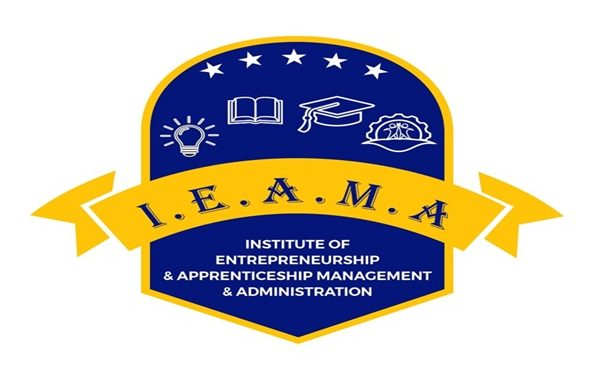The Institute of Entrepreneurship and Apprenticeship Management and Administration has launched “Finance Meet Entrepreneur 2025”, a national initiative aimed at linking small and medium-scale enterprises with financial institutions to improve access to funding and stimulate economic growth. The programme was unveiled during an inaugural event held in Lagos, where the institute also inducted new members and recognised the role of microfinance institutions in supporting entrepreneurship.
Speaking at the launch, IEAMA’s Acting Registrar, Jerry Ibeh, said the institute is committed to professionalizing entrepreneurship in Nigeria, starting with the formalization of traditional apprenticeship models such as the Igbo ‘Igba Boy’ system. According to him, this indigenous model has played a critical role in driving informal sector growth and job creation. IEAMA, he explained, serves as a bridge between entrepreneurs and lenders, ensuring that financial support is monitored and properly utilised for business development.
The institute has also strengthened its collaboration with the National Youth Service Corps through the SAED programme to provide practical entrepreneurial training for corps members, equipping young graduates with business skills before they enter the labour market.
Delivering the keynote address, the Acting Provost of the Lagos State Cooperative College, Dr. Adebosin Gbadebo, underscored the importance of SMEs to Nigeria’s economy. He noted that SMEs account for 96% of businesses and contribute around 40% to the country’s GDP. However, he stressed that access to finance remains a major barrier to growth. As of 2025, over 800 microfinance banks operate in Nigeria, but many small businesses still struggle to meet lending requirements.
Gbadebo also outlined the current classification of enterprise sizes: nano businesses earning below ₦3 million annually, micro businesses earning between ₦3 million and ₦5 million, small enterprises with revenues up to ₦29 million, and medium businesses employing up to 200 workers. He emphasised that programmes like Finance Meet Entrepreneur 2025, are essential to bridging funding gaps and strengthening enterprise capacity.
Among those honoured at the event was Dr. Edwin Ashibudike Nwabaku, a pastor and entrepreneur, who said his involvement with IEAMA has broadened his understanding of enterprise development. He pledged to integrate IEAMA’s programmes into his church’s empowerment initiatives.
For MSMEs, the new initiative presents an opportunity to gain structured access to finance, mentorship, and accountability systems—critical tools for growth in a challenging economic environment.










